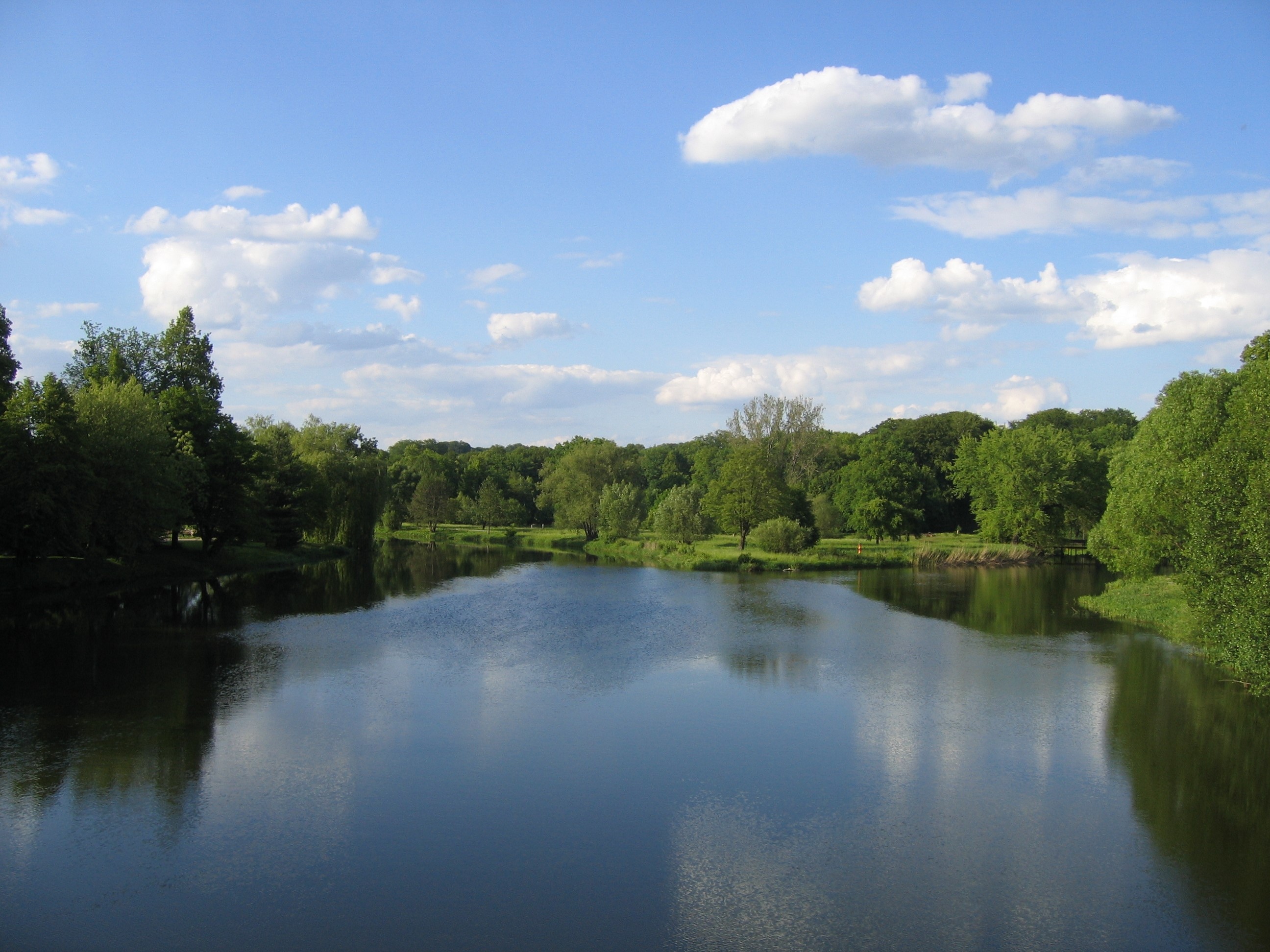
How Do We Value Water?
Posted on: January 2017Sharon Russell-Verma, Waterwise
Sharon Russell-Verma, Waterwise  |
Sharon is the project manager for SaveWater South East at Waterwise. She is an en-vironmental scientist with over ten years experience working in the resource efficien-cy sector. Prior to that she worked for a number of companies in the water industry both in the UK and Ireland. As part of her role on the SaveWater South East partner-ship she works with a range of stakeholders to help raise the awareness of water efficiency and to create a water saving culture across the South East region. |
How do we value water?
We cannot live without water, but because it is so much part of our everyday existence it has become invisible to us. We need to understand and acknowledge its importance to modern lifestyles and to start to value the role it plays in all our lives.
Natural capital
But how do we value a resource that is ‘invisible’? The fact that it is so makes it even more difficult. Perhaps the answer lies in economics — specifically green economics. In recent years there has been a trend towards recognising nature as having an economic value, (natural capital) in order to protect and preserve it not just for today but for future generations. Natural capital is the stock of physical natural assets — it is simply everything that nature gives us for free, such as water, soils, forests and biodiversity, and which provides a benefit such as pollinating crops, natural hazard protection or by facilitating climate regulation.
Across the globe water is fast becoming a scarce resource, yet at the same time water is vital to all industries and is central to sustainable economic activity and growth. It provides raw materials for the production of goods and services. Moreover, energy production, manufacturing as well as food production relies heavily on access to water. In 1992 the United Nations stated that ‘water has an economic value in all its competing uses and should be recognised as an economic good’.
Ecosystems and economic growth
Historically, natural ecosystems have not played a part in, nor been fully appreciated in the commercial market. Consequently, they had not been included on equal terms in public policies and decision making. Some natural capital was allocated higher economic values such as minerals and fuels, whilst others such as woodlands acting as a means of a natural flood protection which is equally valuable, were not. As a result, an imbalance was created and decisions were made that lead to over-exploitation of natural stocks, degradation of ecosystems and loss of habitats, clean air and water. In fact, it was once thought that environmental damage was an inevitable part of social and economic progress. Even today nearly 30% of the ‘services’ we get from the natural environment is in decline e.g. forests and soil. Nevertheless, recent evidence suggests that growth and prosperity are compatible with a healthy natural environment and thankfully, today, across the world, businesses and governments are beginning to recognise the need to value natural resources, including water both in business and in public policy.
How could natural capital work for water resources?
So could natural capital be used as a tool to help evaluate the benefit, and hence the value we derive from nature’s ecosystems such as water sources? In the past one of the key reasons that natural capital degraded so much was because they were not accounted for on businesses balance sheets. Whilst it’s true some natural resources are priced, costs rarely reflects their true value or the impacts caused by their degradation. Water and water resources are a prime example of this, whether it is water supply, water purification or stormwater control — nature provides us with functions that are valuable and critical to our survival and economic prosperity. By assigning monetary values to natural resources, the full cost and benefits associated with it can be directly compared with the economic value of alternative options. For example in some flood risk areas in the UK, sustainable flood management practices have been applied to make the land better at storing water and reducing the risk of flooding. By restoring woodlands, wetlands and water meadows and creating new wooded areas the benefits of these ecosystems can be realised and utilised to mitigate and controlled floods. Moreover, the cost of improving natural flood defences is relatively little compared with building new flood defences, with the added benefits of improving local habitats and helping with soil conservation. Thus, for many natural capital is a means to help realise and understand the true value of nature. It is a tool to ensure that biodiversity and ecosystems take their rightful place in the decision making process at all levels.
Intrinsic value
There is another school of thought that says there is no need to put a monetary value on nature since it has an intrinsic value in its own right. They argue that having an intrinsic value should be enough justification for nature’s conservation and preservation and that the value and benefits nature provides cannot be simply quantified in pounds and pence. Furthermore, they argue that in the same way we recognise the intrinsic value of human beings, extending such recognition to nature would lead to environmental policies that incorporate both fairness and equality in decisions that affect the natural world.
However, my view is that,
unfortunately, historical evidence clearly shows that in the past nature has not been valued in its own right. Today
with climate change, population growth and the water-food-energy nexus, we have
difficult choices to make. Therefore, maybe the question should be, can we
afford to carry on as normal and risk condemning our water resources to
continued degradation? Natural resources, including fresh water (despite the water cycle) are finite, and their value needs to be acknowledged for
today and for future generations. Thus, assigning an economic value to our
natural resources could play an important role in protecting and conserving
them, together with recognising their intrinsic value, not wasting them, paying
more for them and by simply enjoying them.




